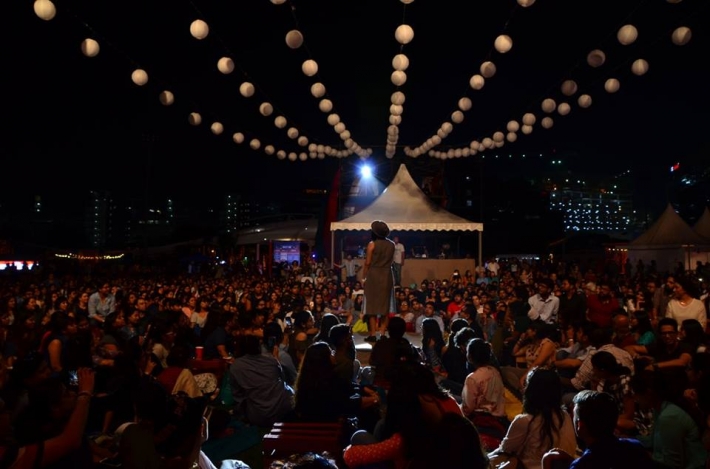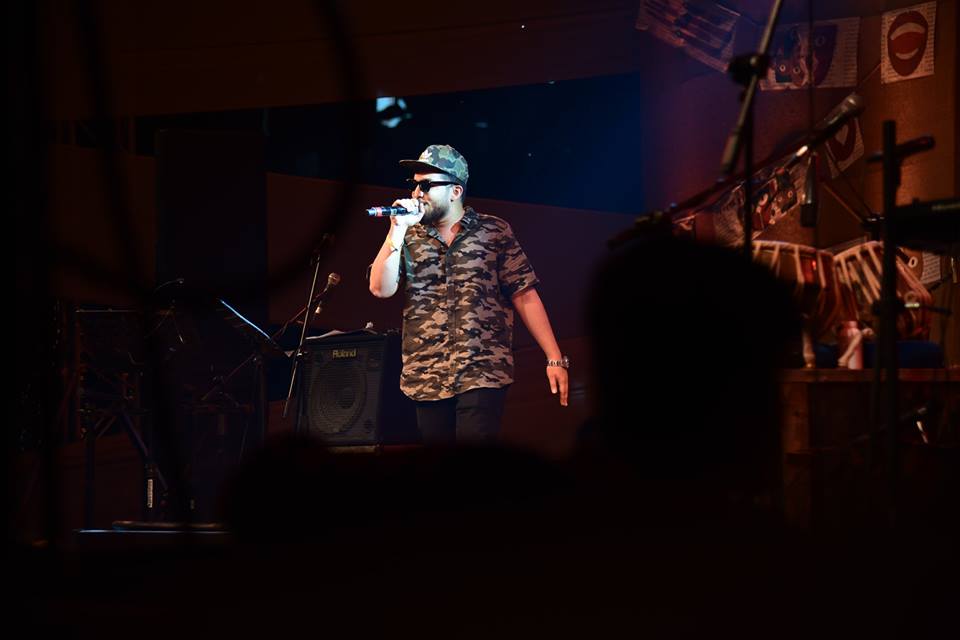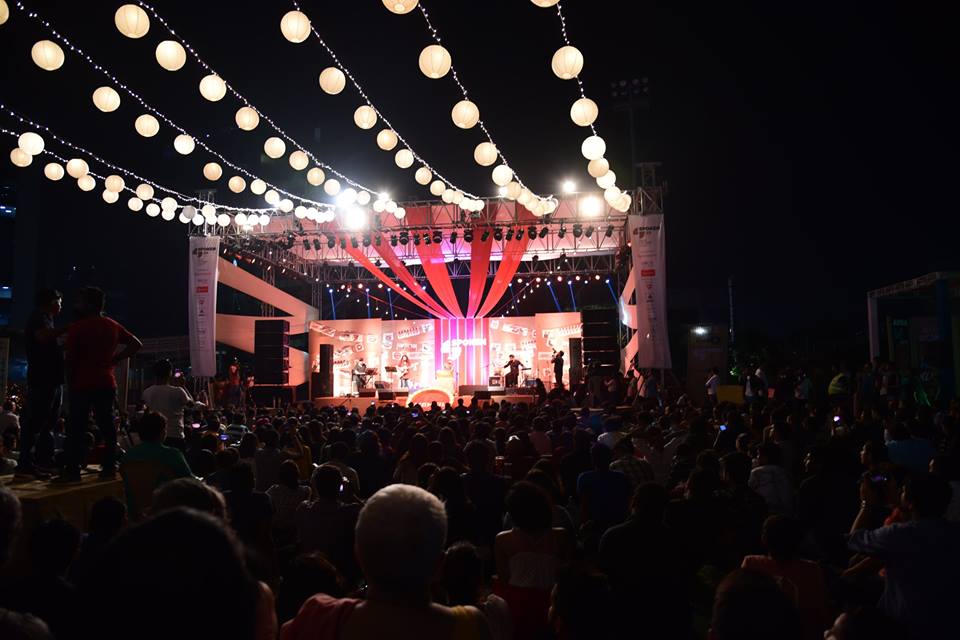
 Photo Courtesy: SPOKEN FEST
Photo Courtesy: SPOKEN FEST
The music (any art form, really) festival scene in the country has undergone a few interesting changes in the last few years; what was earlier a calendar filled with cookie-cutter events that all looked and felt like copies of each other has blossomed into a much more diverse array of curated experiences based on a much wider range of concepts and media. One of these is the Spoken Fest, a largely interactive and multisensory festival that revolves around storytelling and the different forms it takes (and has taken) over the years.

Featuring slam poetry, traditional forms of storytelling, multilingual and multiform speakers and poets, workshops conducted on certain aspects of building and presenting material to the public and lyric-oriented singing performances, Spoken Fest seeks to give multiple groups of people a variety of experiences they can enjoy and contribute to. With a curated lineup of 70+ artists that covers everything from Urdu poetry to performances by singer-songwriters to spoken word to theater and almost every other conceivable form, the festival has avenues for every taste and inclination.

The idea for the festival stemmed from the want to fill the void in the cultural space for art and media festivals; co-founder Ankur Tewari (of Ankur And The Ghalat Family) says, “We (him, Roshan Abbas and Gaurav Kapoor, founders of Kommune) started the collective long before Spoken Fest happened.” Ankur is from Lucknow; the rich culture and tradition of that city was something they felt was sorely lacking in Mumbai (where such events were few and far between) or the rest of the country. So they decided to start doing small meetups where 15 people would attend and tell short, 5-minute stories. From here on, things picked up very quickly; it became regular, they started filming some of the stories that were told, those videos went viral online and this small setup became a club that focused on the spoken art form and grew organically. Spoken Fest was the culmination of it.
An event like this comes at an interesting time; a point in how people communicate with tweets and social media posts more than more ‘traditional’ forms of telling stories (at least, the way people used to do things pre-internet to an extent). Ankur, however, is not at all surprised that forms like poetry and theater are booming and are more popular than before post-internet. “Basically, we are all storytellers. A shopkeeper or a milkman is also a storyteller. So no matter what the medium, be it a Youtube video or tweet, is just storytelling changing form as it always has through time. For example, when ghazal was first conceived, it changed everything.” Ghazal was short, concise and consisted of couplets that did not have any particularly strict compositional rules. It became the common man’s form and classical musicians were angry, because they believed in their form, which required years of training and experience. Ankur also had thoughts about the word ‘content’, which is often used as a buzzword while describing art forms today. “Content is not a good term; something you might buy in a shop could be called content. If that term is applied to a piece of art, it commodifies it and makes it lose its core value.”

The festival setting is also a bit different from others; it is being held at Jio Gardens, Mumbai and has a more sit-down-and-mingle type of configuration. This also ties into the lineup, which consists of storytellers that vary greatly in format and language; from poetry to slam to theater and more traditional folk-rooted forms, the idea is for completely different groups of listeners to meet. Ankur believes that a goal of the festival is for audiences to meet who would have never met under any other circumstances. Unlike an electronic music festival or something similar where people want to tune out, switch off their brain and forget about the life they’ve left behind to come watch a show, KOMMUNE wants Spoken Fest to be a place where attendees tune in, interact and actively participate in the proceedings. There are also planned workshops on topics ranging from songwriting to on-stage expression, to help people who attend take something home and attempt to pursue a form by themselves. “Learning is the main goal.” says Ankur. “Someone having trouble expressing themselves or finding their form could take something they’ve learned back home, work on it, master it and contribute to the community down the line.”
For details on tickets and line-up to Spoken Fest, click here
Previous Article The Lafontaines release India wrap-up video The Lafontaines release India wrap-up video
|
Next Article Metallica Singer James Hetfield ready to make his acting debut Metallica Singer James Hetfield ready to make his acting debut
|


Leave a comment